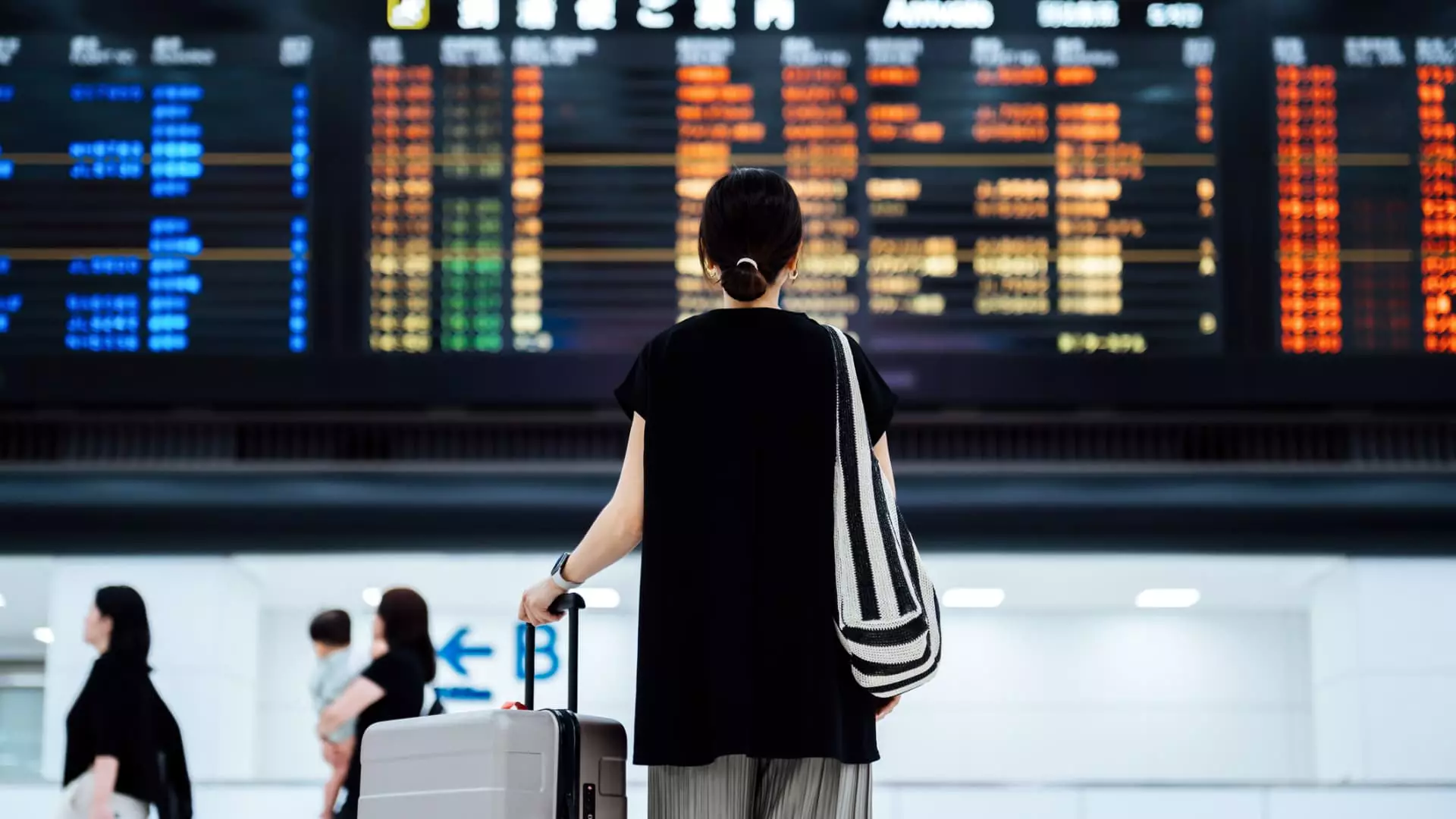Travel experts often promote flexibility as the ultimate key to cheaper airfare, painting it as a foolproof solution for savvy travelers seeking to cut costs. However, this advice, while partially valid, simplifies the complex reality faced by many travelers and skirts the question of actual affordability and fairness in airfare pricing. It’s easy to dismiss rigidity as a personal flaw, but the systemic structures that enforce rigid schedules—be they work commitments, family obligations, or institutional regulations—are rarely scrutinized. The notion that shifting your travel dates by a day or two can unlock substantial savings overlooks the broader socioeconomic barriers that prevent many from exercising such flexibility in the first place.
The assertion that traveling midweek or during shoulder seasons results in significant discounts appears persuasive on paper. Yet, it tacitly assumes a certain level of privilege—flexibility that many working-class families, teachers, or those with strict job contracts simply do not possess. While the data may demonstrate a 14% reduction for some, such figures often gloss over the reality that for millions, securing time off during “cheapest” days remains an uphill battle, if not entirely impossible. The narrative promotes an ideal of travel freedom that is, in many cases, just that—a myth.
The Disproportionate Impact of Flight Cost Strategies
The optimistic message about savings on off-peak flights and weekdays also misses how these strategies can reinforce inequalities. For instance, wealthier travelers can afford to plan trips during shoulder seasons, while those with tighter budgets are forced to travel during peak times when airfare prices skyrocket, or worse, forego travel altogether. Popular travel information often ignores the fact that many families cannot simply shift their vacations to September instead of July because their children are bound by school calendars or summer camps.
Furthermore, the emphasis on booking well in advance to secure deals inadvertently penalizes those who cannot plan months ahead due to unpredictable work schedules or financial instability. The claimed average savings of 39 days prior to departure overlook how economic insecurity and job precarity make such advance planning a luxury rather than a standard practice. Are we truly promoting equitable access to affordable travel by emphasizing these strategies, or are we subtly suggesting that if you can’t book early, you’re doomed to overpay?
The Hidden Costs of Flexible Travel and the Cold Logic of Surge Pricing
While layovers and strategic timing can cut costs, relying on such tactics can be an exhausting and unfair burden. For many, the inconvenience of multiple connections or unpredictable delays outweighs the mere monetary savings. The pleasure of travel—discovering new places, reconnecting with loved ones—should not be overshadowed by a calculation of pennies saved through strategic layovers or off-peak travel.
More troubling is the notion that airline pricing algorithms and market demands are designed to manipulate consumer behavior. Higher prices during peak seasons or weekend surges are not accidental but deliberate market strategies to maximize revenue. The “flexibility” advice functions as a form of consumer conditioning—encouraging travelers to accommodate the market’s oppressive pricing schemes rather than advocating for systemic reforms to make travel inherently more accessible.
The truth is, these so-called strategies often serve the interests of the airline industry more than the average traveler. Airlines are less interested in offering truly affordable costs—they aim to maximize profits, capitalizing on the inability or unwillingness of many to travel outside certain times. This creates a cycle where only those with enough privilege or foresight can benefit, deepening existing inequalities.
Challenging the Narrative of Personal Responsibility
A central issue in the promotion of flexibility is the intrinsic bias toward individual responsibility. It suggests that if you’re paying more, it’s your fault for not being flexible enough. This overlooks how societal structures, economic constraints, and institutional policies shape travel options. For many, flexibility isn’t a choice but a privilege—one that requires disposable income, flexible jobs, and social capital.
Politicians, industry insiders, and travel gurus often tout flexibility as a personal virtue without acknowledging the systemic barriers involved. It’s a classic case of victim-blaming: if only more people worked in jobs permitting midweek leave or scheduled their trips during shoulder seasons, everyone could save money. But such expectations are both unrealistic and unjust. They perpetuate a narrative that ignores how structural inequalities restrict genuine flexibility, unfairly placing the burden squarely on the traveler’s shoulders.
Towards a More Equitable Perspective
To truly address the issues of travel affordability, we must challenge the status quo that underpins these “saving tips.” Instead of relying on individual strategies, the focus should shift toward fostering policies and industry reforms that prioritize fairness and accessibility. This could mean advocating for equitable airline pricing, expanded consumer protections, and flexible working arrangements that allow more people to travel without financial penalty.
The obsession with “saving $42 a ticket” or “finding the cheapest day” often distracts from the larger conversation about systemic inequities in the travel industry. Policy reforms aimed at regulating fair pricing, supporting lower-income travelers, and promoting seasonal affordability would more effectively democratize travel than tactical “hacks” that largely benefit a privileged few.
In essence, the current discourse on airfare savings reflects wider societal issues—inequality, rigid labor markets, and market manipulation. Recognizing these problems and advocating for structural change holds the potential for a future where travel is not an exclusive luxury but a shared human experience accessible to all, regardless of economic background or schedule constraints.

